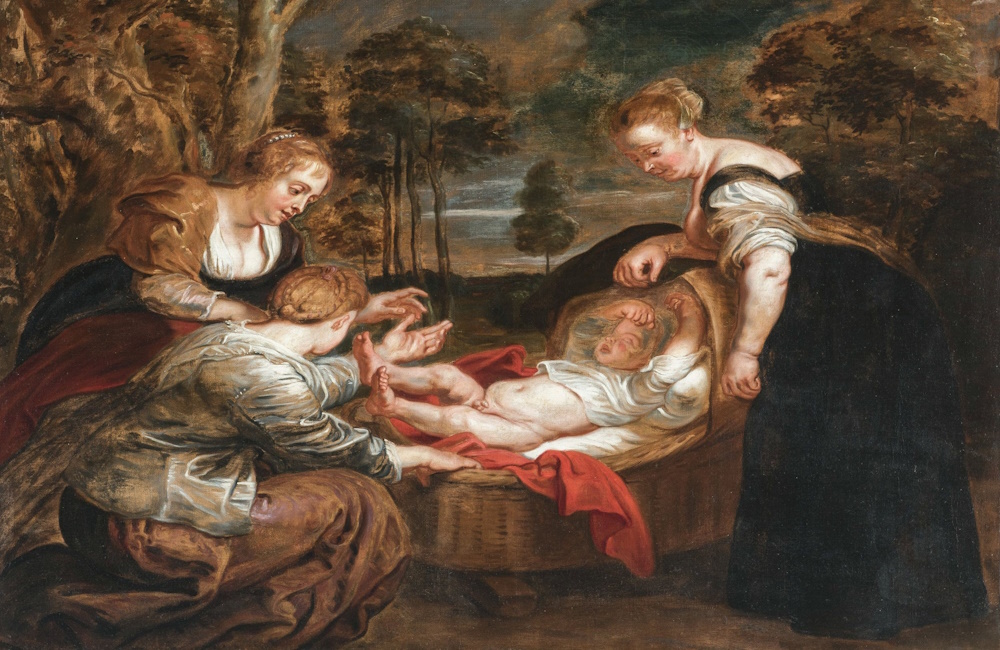Pharaoh’s Daughter or Wife: Who Rescued and Adopted Moses?
The Bible and the Quran both tell the story of Moses, focusing on how he was spared from the Pharaoh’s decree to kill all Israelite male infants and how he later became a significant prophet. However, they offer differing details about who was responsible for rescuing him.
In the Bible, Pharaoh’s daughter is specifically identified as the one who found Moses. Exodus 2:5 says, “Now the daughter of Pharaoh came down to bathe at the river, and her maidens walked beside the river; she saw the basket among the reeds and sent her maid to fetch it.” Exodus 2:9 further describes, “And Pharaoh’s daughter said to her, ‘Take this child away, and nurse him for me, and I will give you your wages.'” This narrative indicates that Pharaoh’s daughter not only discovered Moses but also took steps to ensure his care.
In contrast, the Quran does not specify who retrieved Moses from the river. Surah Al-Qasas 28:8-9 states, “Pharaoh’s people picked him up, only to become their enemy and source of grief. Surely Pharaoh, Hamân, and their soldiers were sinful. Pharaoh’s wife said to him, ‘This baby is a source of joy for me and you. Do not kill him. Perhaps he may be useful to us or we may adopt him as a son.’ They were unaware of what was to come.” The Quran emphasizes that it was Pharaoh’s wife who played a crucial role in persuading Pharaoh to spare Moses, though it does not detail who physically rescued him.
The differing accounts between the Bible and the Quran have led to questions about which is accurate. The Bible clearly attributes the rescue and adoption of Moses to Pharaoh’s daughter, who took him from the water and decided to raise him. The Quran highlights the significant influence of Pharaoh’s wife in protecting Moses, focusing on her role in changing Pharaoh’s mind rather than on who retrieved the child.
From a Christian perspective, the Bible’s account illustrates God’s providential care and intervention. Pharaoh’s daughter’s actions in rescuing and adopting Moses reflect a key aspect of divine protection and the unfolding of God’s plan. The biblical narrative emphasizes that Moses’ preservation and subsequent rise to prominence were part of God’s greater purpose for him and His people.
In reality, this difference in the accounts of Moses’ rescue is unlikely to impact religious beliefs or practices moving forward. There is no compelling reason for Jewish traditions to alter their understanding, nor is there a significant need for a correction by Muhammad. Given that the Bible predates the Quran and has long been considered a reliable source, it suggests that there may have been a misunderstanding or error in the Quranic narrative. This could imply that the Quran is not a divine revelation but rather a compilation of various stories.
